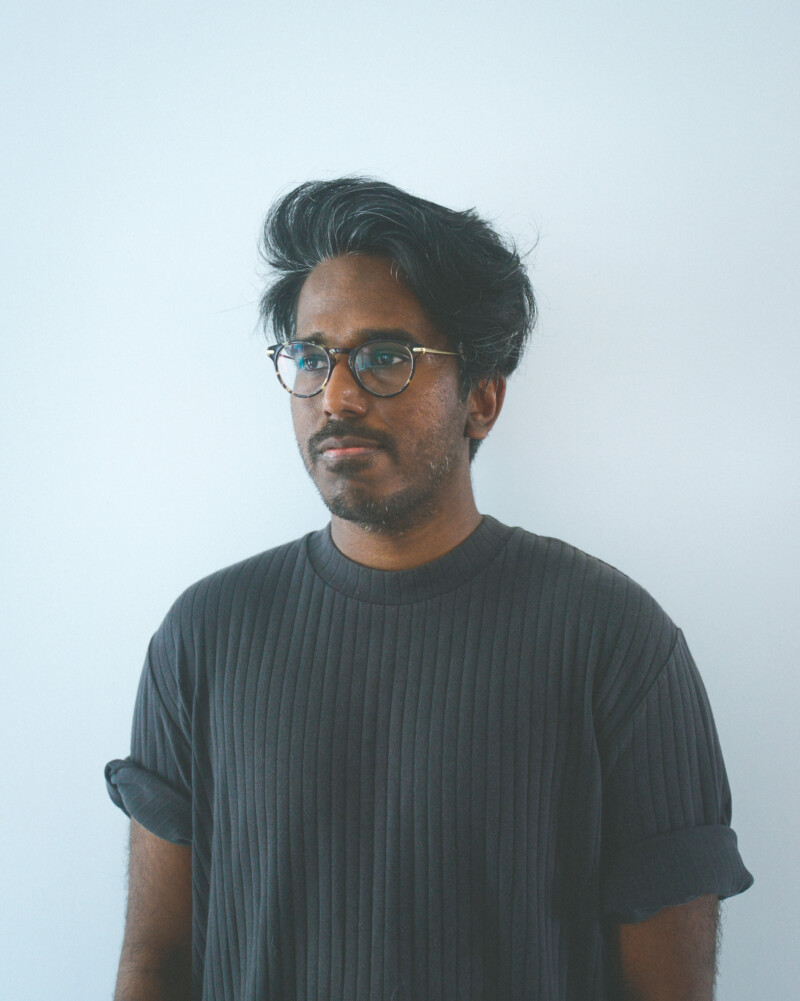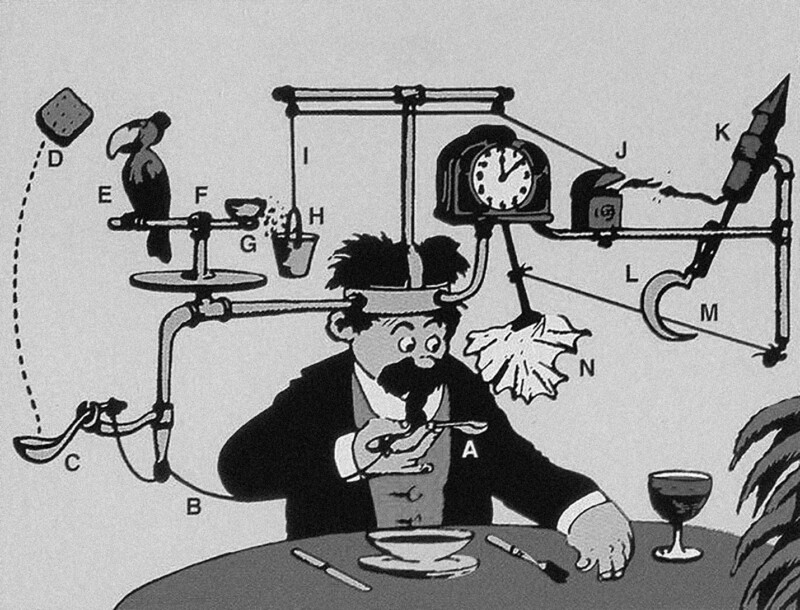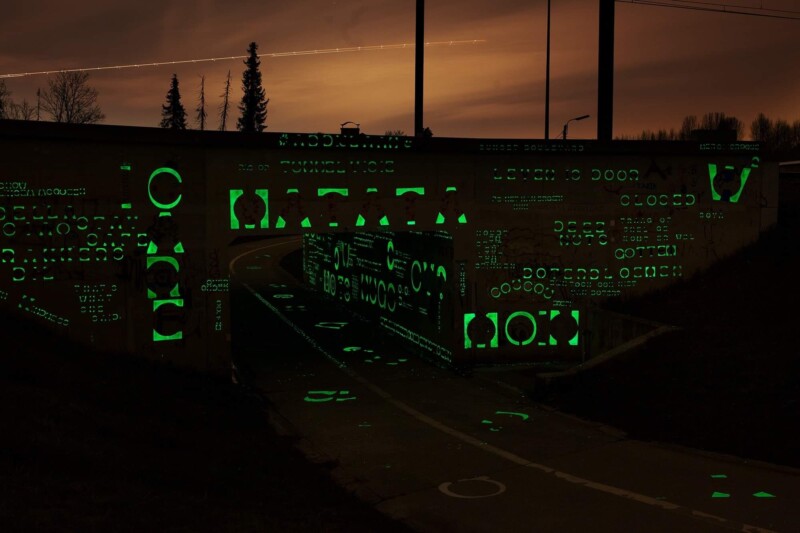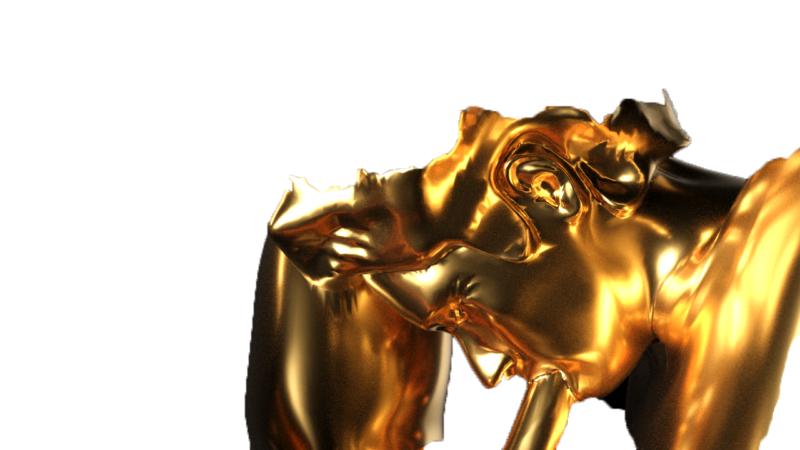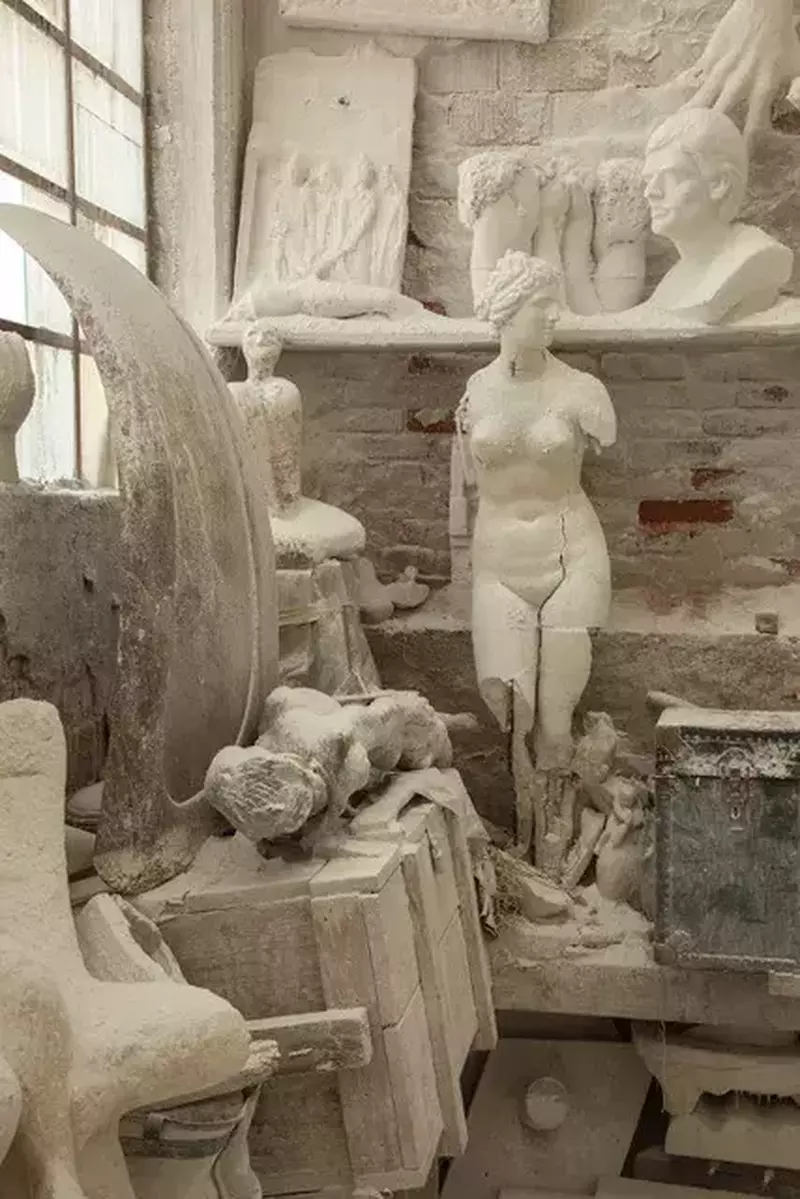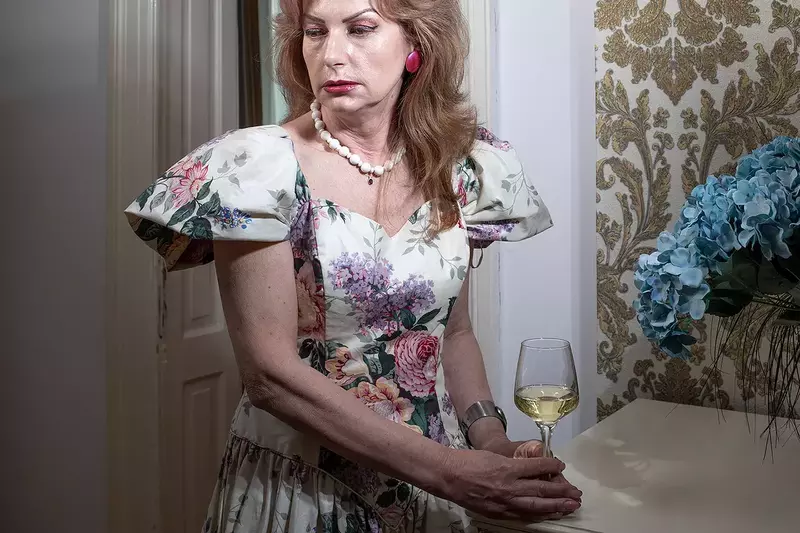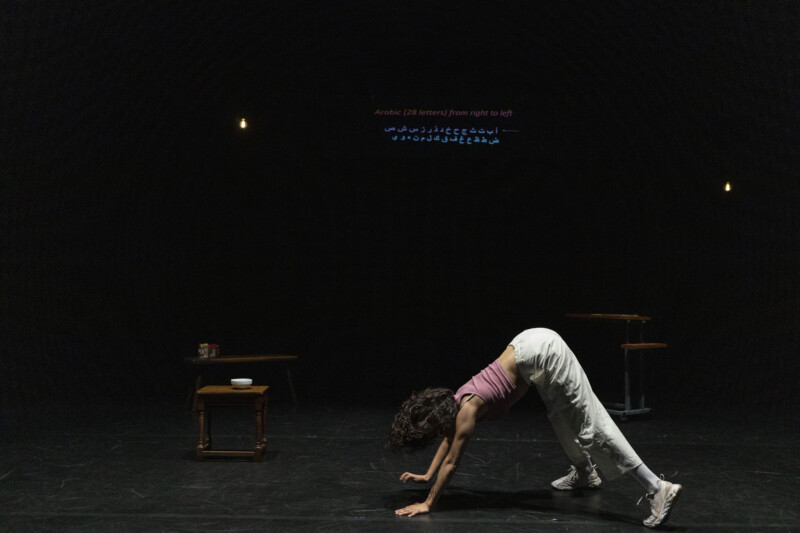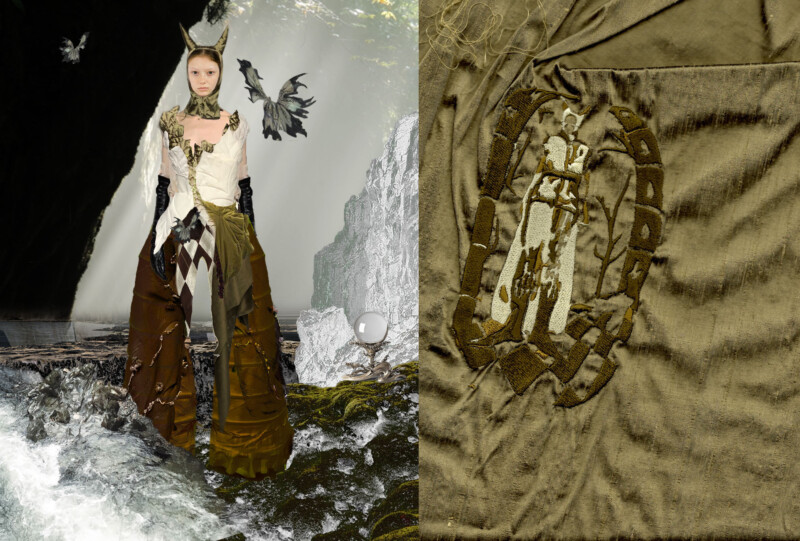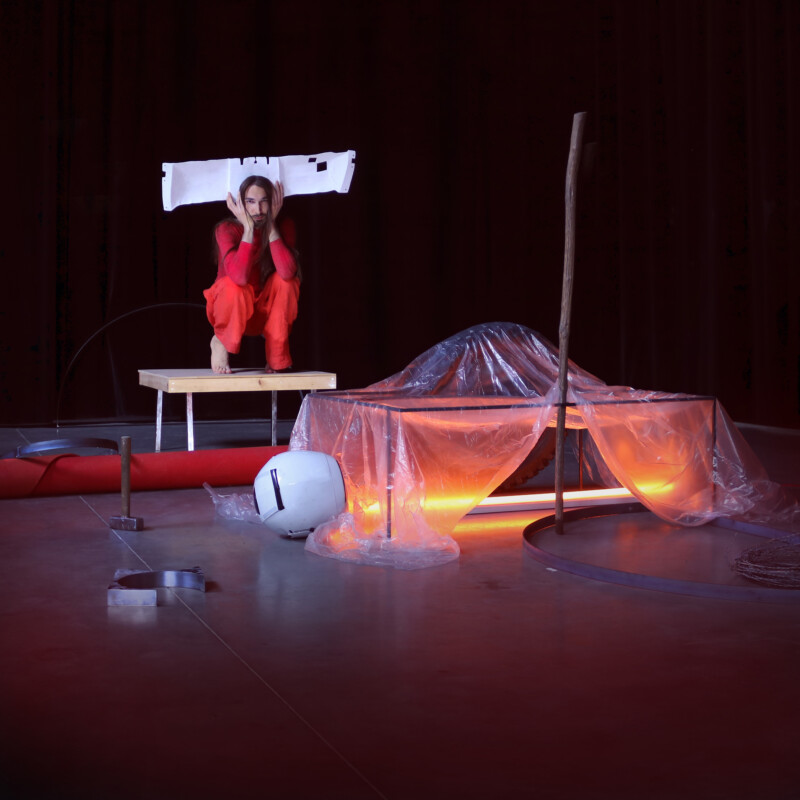Interview with dean Filip Rathé
ONRUST
Hello Filip. We would say 'welcome', but you've obviously been walking around here for a while. How did you end up at our school?
Filip Rathé
Brrr, tempus fugit. It's true: I've been walking around here for some time. In 1983 I started studying at the KMC (then called the Royal Conservatory of Music in Ghent) and became attached to the school.
Even while completing my studies, at that time based on so-called 'first prizes' - that's how diplomas were called per subject or competency - I started teaching, initially for practical harmony, then as assistant secondary instrument piano, harmony and music analysis, that kind of thing. So I was part of the Department of Music Theory and, after a few years, became its president. A little later, I had a seat in what was called the departmental council of the conservatoire. With the establishment of the School of Arts, I then became head of the music creation department, then chairman of the music programme, and finally head of the classical music department, starting from a varied teaching practice (now also as a teacher of chamber music and composition) and an artistic practice as a conductor and composer. Over four years ago, I made a commitment to the School of Arts Council. In a nutshell, I was allowed to get to know the school step by step.
ONRUST
Music lovers probably know you mainly as the conductor of SPECTRA. Isn't there a Ghent link there too?
Filip Rathé
I founded SPECTRA together with Geert Dhondt, a fellow student at the time and still a valued colleague today. Apart from him and our cellist, however, the other musicians were not fellow students. The link is mainly through the teachers with whom Geert and I took lessons: Claude Coppens, Lucien Goethals and Herman Sabbe. Indeed, the name SPECTRA refers to the 1963 SPECTRA group they were part of. That SPECTRA group united proponents of contemporary music who helped found the Ghent IPEM (Institute for Psychoacoustics and Electronic Music), and this at a time when it was still more or less taboo to label this kind of "discordant sound" as music. There are some witty stories hanging around there. From former teacher Claude Coppens, for instance, who wanted to programme Anton Webern for a piano student. The secretary was convinced there was an 'n' too many and that he meant the romantic composer von Weber. The programme was promptly sent back corrected. Or the anecdote about Lucien Goethals, a former teacher of music analysis and for me a truly inspiring mentor who worked closely with Raoul Servais, among others. He wanted to borrow a book on twelve-tone composition. However, that always turned out to be absent from the library. On enquiry, it turned out that the director had confiscated it. When he spoke to the director about this, he was told, in Ghent, 'Goethals, you are a good element, but don't let these thoughts spoil you!' (laughs) But rest assured, that is not my idea of decent management.
ONRUST
You still sound very driven. Why have you candidated now?
Filip Rathé
It sounds corny, but it is what it is: I do it out of love for the school, and what it wants to stand for. I also experience a similar commitment from numerous colleagues and students. When the vacancy opened, I hoped that someone with a heart for the arts and design - who also knows what is going on in effective practices - would apply. One thing led to another. Silently, the thought began to ripen: 'Shall I commit to this?' After all, I took great joy from being head of the Department of Classical Music. I find it in contributing to a particular project, in being able to facilitate that which you believe in... Of course, a department is something else than an art school, as I have experienced in the meantime, but look, in the end I took the plunge. That said, I have sincerely doubted both whether I am the right person for this and the personal consequences. The future will tell.
ONRUST
Can the conductorship of SPECTRA still be combined with the position of dean?
Filip Rathé
In terms of time commitment, it is definitely an ongoing balancing act. I have been combining the various aspects of my commitment to the arts for a long time. Agreed, the workload is different now, but actually I mainly draw inspiration and energy from it. And, for me, maintaining an artistic practice is an absolute necessity to fulfil this task. It is difficult for me to reduce teaching so much, but it has to be done. I still teach only a fraction of the classes I used to teach, but to abandon teaching altogether would be self-denial. By necessity, I keep it extremely limited, even though I miss it very much. Artistic practice is fundamental to me. It is what shapes me and what drives me. So I want to use it as a source of inspiration and as a metaphor.
Roger Norrington once described the job as a conductor as creating the conditions so that musicians can play freely. In my view, this job is by extension the same. I want to ensure that colleagues and students can follow their path optimally and in maximum freedom. If it runs well, let it run well. 'If it ain't broke, don't fix it'. Then please don't intervene. Don't change for change's sake or for any profiling. The job of a 'conductor' is then no more than to make a refined balance between the different players, putting some accents here and there, paying attention and caring for their input. However, when a problem arises, you need to put your finger on the wound and look for a solution together, but always relying on the competences of the players and their professionalism. After all, practice has taught me this through trial and error. After all, you are not a pianist, violinist or clarinetist yourself. As a conductor, it is your job to get the musicians to work together from and with respect for their talents. That way, you too can be one of the fellow players, and that is precisely what gives satisfaction. I know, it's a musician's metaphor, but I do know how to extrapolate
ONRUST
There you say it. A lot of disciplines are practised in our school. How familiar are you with all these different fields?
Filip Rathé
I am certainly not a connoisseur in all fields. That seems impossible to me anyway, even if a naive part of me still dreams of this... In any case, it was a childhood dream. Though it's not so bad, I believe. Besides being a musician, I am also an art historian by training (albeit with musicologist as an option, I plead guilty), but mainly on the floor I have come into contact with a lot of different art forms and have had the opportunity to actively collaborate with many artists, both theatre makers and choreographers, visual artists and curators. From the often lengthy and intensive artistic process in these collaborations, I have been able to learn a lot. Look, if I have one ambition it is to connect. To connect students and colleagues within KASK & Conservatorium, within the whole of HOGENT, but with unfailing and absolutely necessary attention to particularity. After all, our similarities often seem to me to be greater than the differences. What is important, in my view, is not to start from a xenophobic reflex.
ONRUST
In which sense?
Filip Rathé
I have no delineated theory about it, but it is a thought exercise that has occupied my mind for quite some time. 'What if...' is not just an old TV format, I think it's a good basic attitude. What if we were to plot art and design practices on a number of continua (traditional or otherwise?): physical object versus intangible ephemeral, static versus kinetic, digital versus analogue, semantic versus purely formal, (sequentially) time-bound or (seemingly) not, illusory eternal or intentionally transitory and ephemeral, with a protracted individual making process or collective and on-the-spot...? Would we then still speak of KASK & (!) Conservatorium, or of design, music, visual arts, drama...? Or would only the audio-visual remain (smiles), possibly with the tactile-olfactory in the pipeline?
What is particularly striking are the cross-border common denominators. That sounds a bit odd in a sentence outside the calibrated context of concepts but is no less meaningful for that. Within and between the disciplines themselves, seemingly huge differences can be observed when you focus on them. Take painting, for example. You could say that, compared to the surely 'visual' dance say, it is leaning towards a so-called 'static pole' of the spectrum, but in terms of movement you can hardly classify the work of Jackson Pollock and that of Mark Rothko as comparable. And what about creating and then removing a mandala? In short, certain subdivisions seem a bit too sharp to me. In the past, this was far from being the case. You hear a lot today about interdisciplinarity, but it occurs to me that we often merely reunite what was once a natural symbiosis.
ONRUST
You just said 'collective and on-the-spot'. Do you consider such a thing more relevant than - to put it somewhat grotesquely now - the reclusive loner who spends years filing and polishing an oeuvre?
Filip Rathé
Perhaps such a less sacred practice, i.e. the former, is more in line with certain social trends. Creators whose core practice is collaborative are, in my experience, by and large more open to tearing down walls than those with a strongly pronounced individual practice. But that may be an overly premature generalisation.
In any case, I don't like dogma. As an artist and designer, you ultimately choose what is most relevant to you. This cannot be pinned down to a particular discipline, nor to a specific approach. Think of Pablo Picasso versus Lucian Freud or Arnold Schoenberg versus Anton Webern. Mutual appreciation notwithstanding, the two duos could not be more different in terms of method and pace. Picasso often painted several paintings a day, while Freud wanted to get to the bottom of his model first and therefore often took months over a single work, in a process worthy of his grandfather Sigmund. Schoenberg then wrote his half-hour-long mono-drama Erwartung on 17 days, while Webern's total oeuvre all together can be heard on barely three hours. That said, as a composer myself, I am the type who writes an average of two hours on a single second of music. And no, that is not hyperbole but the mathematical observation of a neurotic.
ONRUST
O-oh. A neurotic as a dean.
Filip Rathé
Don't panic. I love organised chaos. In my ideal world, the school is an archipelago, connected as an island group. Not everyone benefits from an identical structure. Often, a uniform approach seems the way to go to increase efficiency and create the absolutely essential equivalence. From my personal experience, however, I notice that this sometimes just lowers performance and that it is precisely the equal appreciation of distinct methodologies that leads to better results. If a certain course prefers to work with vertical coordinators and another one horizontally: fine. That in no way means a plea for working 'à la tête du cliènt' or with ad hoc decisions. As far as I am concerned, the specific practice remains guiding and the well-considered - differentiated or not - organisational structure is at its service. Someone once told me in that context: 'The spirit has stammered out the letter of the law and the spirit no longer recognises itself.'
ONRUST
We are indeed not waiting for that.
Filip Rathé
I should hope so.
Text: Régis Dragonetti.
